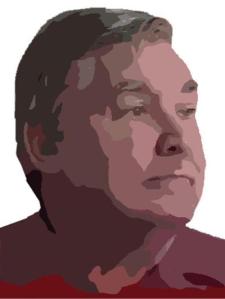
David W. answered • 11/19/16
Tutor
4.7
(90)
Experienced Prof
Sorry, this is not so much a biology question as it is a World View, religious, and philosophical question. That is, it cannot be a scientific question since we cannot (1) reproduce the "experiment" or (2) view the original action. Thus, we construct a theory based on our other related knowledge and beliefs.
Now, we can observe that:
(1) chickens lay eggs that could become chickens (if fertilized and we don't eat the eggs). This happens very, very often and chicken farmers and restaurants have so refined the process that we enjoy lots and lots of chicken sandwiches.
(2) fertilized and uneaten eggs become chickens capable of laying or fertilizing eggs. We do not see chickens having cat babies or snake babies or rock babies. Only eggs produce chickens.
Now, we have a better understanding of the dilemma. Chicken eggs only come from chickens and only chickens lay chicken eggs. This does leave a very little "wiggle room" because other animals lays eggs much like chickens do and other eggs produce animals much like a chicken. So, did a non-chicken lay the first chicken egg or did a non-chicken-egg become the first bona fied chicken? Realize, again, (1) we cannot, we cannot, we cannot reproduce this event and (2) we did not, we did not, we did not observe it happening. Thus, we resort to reasoned speculation (that is, construct a theory).
We must either say (1) a non-chicken laid a chicken egg or (2) a chicken was hatched from a non-chicken egg [note: are those really different??] or (3) a Creator made either the chicken or the egg. There is no fossil evidence to show a gradual transition (thus, we identiey what are called "missing links."]
The chicken-egg question is only one of many, many such dilemmas that true scientists and serious religious people dispute. So, don't believe anyone who claims to have (1) recreated the experiment or (2) witnessed it happening. In fact, both must exercise faith that their theory is correct [of course, until it is proven incorrect by another experiment -- that is the scientific process].




